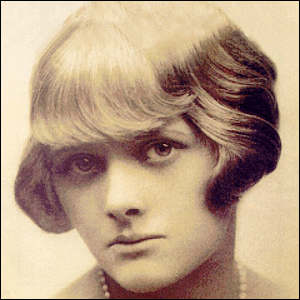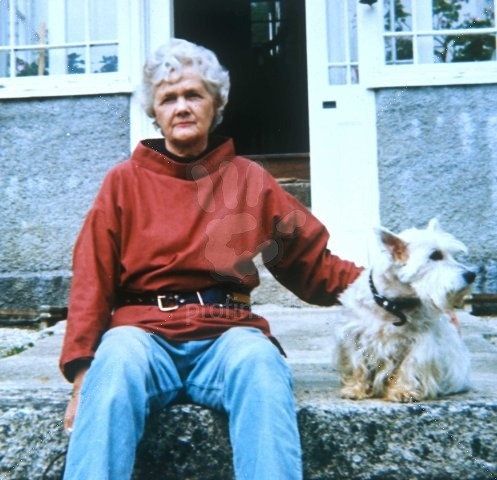A LIFE OF FAME OR IMMORTALITY — WHICH MATTERS MOST?
The other day, an acquaintance, learning my third novel, “Trompe l’Oeil,” had been accepted for publication, asked what writer my work most resembled. For a moment, I didn’t know how to answer. The question was one I’d never considered. I write what I write with no thought of who might have influenced me. Then I remembered a rejection letter I’d received years ago from an editor at St. Martin’s Press. She’d declined my submission but said she admired my writing and that it reminded her of the work of Daphne Du Maurier. As De Maurier is a master of suspense, my rejection came less as a blow.

(Daphne du Maurier, early 20th Century)
When I mentioned the author’s name to my companion, she frowned, never having heard of her or novels like “Rebecca,” “My Cousin Rachel,” “Jamaica Inn” or even the short story “The Birds” which Alfred Hitchcock turned into a white-knuckle movie. True, Du Maurier never gained literary respect from academia as did George Elliot or Iris Murdoch, but for years she was the most popular writer with library patrons, and I don’t suppose her lack of academic approval troubled her when she cashed her royalty checks. Her only complaint with reviewers came when they classified her as a Romantic novelist, which she wasn’t. While love was always possible in her works, not many of her stories had ”happily ever after” endings. She is tougher than that. If asked, I’d be inclined to compare her fiction to that of John Fowles, specifically “The French Lieutenant’s Woman,” “The Magus” and “The Collector.”

(du Maurier, in later years)
As I parted from my acquaintance, I wondered if death had outrun Du Maurier’s fame. If so, I would be sorry for readers who might never know her novels. Then I paused a second time that afternoon. Did her neglect matter? While she lived she was wined and dined and admired for her talent. Isn’t that enough? What memories do we carry with us to the grave?